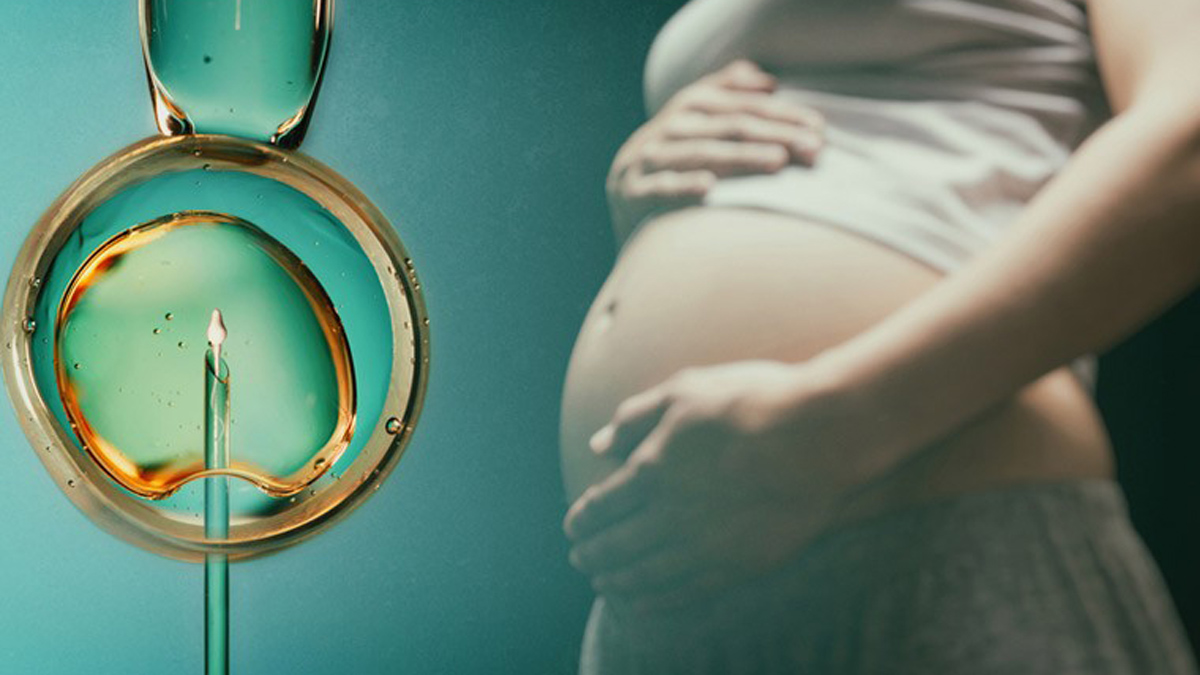Unseen, and silent everyday pollution permeates our lives, posing a threat to the fundamental aspect of human existence: reproductive health. From the air, we breathe to the water we drink and the products we use, pollutants like endocrine disruptors, heavy metals and pesticides lurk in every corner of our environment, wreaking havoc on the delicate balance of our reproductive systems.
Experts demanded attention to this looming crisis, as the very foundation of human life, reproduction, hangs in balance, imperilled by the invisible pollutants that surround us.
Air pollution
Studies have revealed that exposure to PM2.5 or fine particulate matter over the years, could increase the risk of infertility among both men and women. A recent study published in the British Medical Journal found that men aged between 30-45 pose a 24 per cent increase in infertility risk.
In women, exposure to fine particulate matter (PM2.5 and PM10), has been linked to lower ovarian reserves and a decrease in egg quality.
Noise pollution
Women exposed to noise levels over 10.2 decibels on an average over five years faced a 14 per cent rise in infertility rates, noted a study in the Journal of Environmental Research and Public Health. Women above the age of 35 are considered vulnerable as well.
However, men aged between 37-45 show disturbed sleep patterns and increased stress which later on become factors affecting their reproductive health.
Water pollution
Another significant threat to reproductive health is water pollution. Toxic chemicals including lead, mercury, and chemicals can infiltrate water supplies leading to fertility issues.
Risks are high, especially for pregnant women, living near industrial waste, farms and ageing water systems. Pollutants in groundwater and surface water impact entire communities as well.
Reduced sperm quality, diminishing ovarian reserves, and birth defects are some of the ill effects of such exposure.
Soil pollution
Pesticides and industrial pollutants play a serious role in infertility. Exposure to contaminated soil can disrupt hormonal balance, reduce fertility, lower embryo survival rates and long-term genetic issues.


